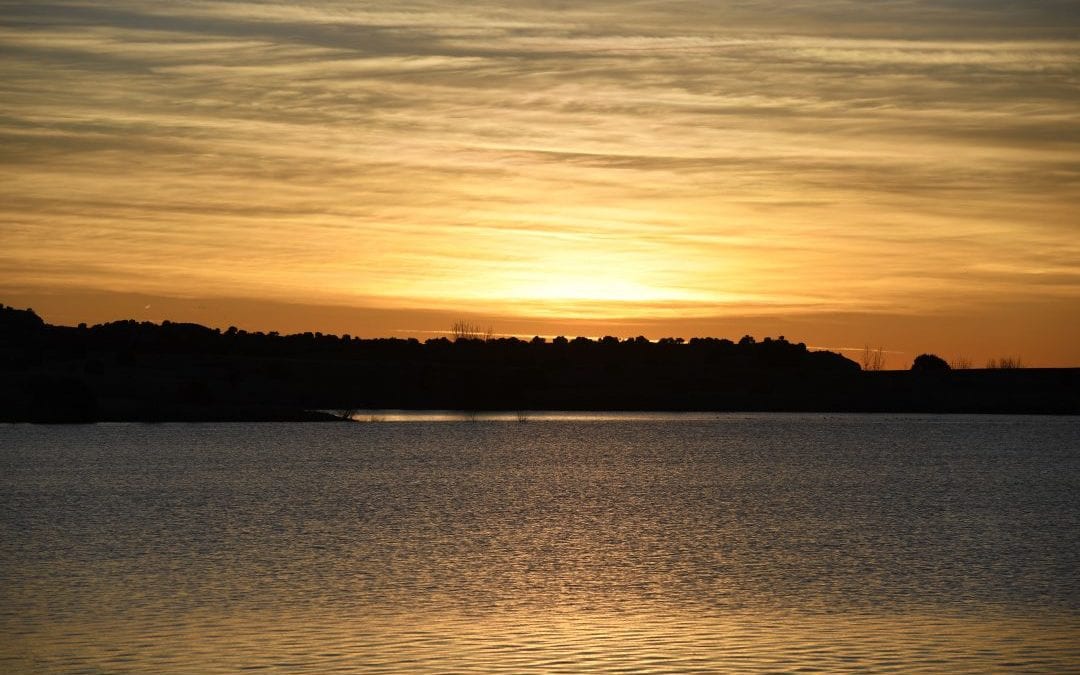With state parks observing explosive growth in visitation and Front Range open-space managers wrestling with overcrowding, public land managers have been meeting to discuss solutions, the head of Colorado’s Division of Natural Resources said Wednesday.
In March and April, visitation at state parks in the northeast region — which includes the Denver-Boulder metro area, Fort Collins and many mountain counties east of the Continental Divide — increased nearly 48% over the same period in 2019. Statewide, visitation at state parks increased 18%. Numbers for May are not available yet.
Dan Gibbs, the DNR’s executive director, said the meetings to brainstorm solutions have included federal agencies such as the U.S. Forest Service and the Bureau of Land Management, along with county and municipal open-space managers. Colorado Parks and Wildlife is an agency of the DNR.
“In some situations, we are exploring one-way trails during this time so we don’t have folks walking over each other,” Gibbs said. “We have certain designated trails designed for mountain bikers and other ones that are more appropriate for trail runners or hikers. Because of COVID-19, we’re seeing a lot more people get outdoors. It’s very important for folks’ mental and physical health, but we’re working to try to manage parking, our trail systems, and really coordinate.”
Gibbs noted that the closure of Rocky Mountain National Park in March had a huge impact on Boulder County open space as outdoor recreationalists sought alternatives. The park reopened last week.
“Our meetings really help to coordinate, and we really work together, because a lot of people don’t know the difference between federal, state, county, municipal trails,” Gibbs said. “We are looking for solutions — better signage, changing directional travel and exploring a system where you can manage how many people can go in certain areas. We’re kicking that idea around because things are getting so busy.”
Matt Robbins, community connections manager at Jeffco Open Space, said the meetings have been “extremely beneficial” as land managers grapple with the unprecedented challenges facing them. One fruit of their efforts was a joint press release issued in April by Jeffco, Boulder County open space officials and Denver Parks & Recreation, pleading with users to be more careful to avoid damaging parks and trails.
“The relationship we have with these other land managers and jurisdictions is paramount in this time, because what we’re seeing is not like anything we’ve seen before,” Robbins said. “Having that ability to have conversations, share ideas, share thoughts and apply what works had been paramount.”
As the state moves toward relaxing restrictions on outdoor recreation with a plan that state agencies are calling Safer at Home and in the Vast Outdoors, Gibbs is urging outdoor recreationalists to be “serious planners” who research local restrictions in the areas they plan to visit, including fire bans that are in effect in some counties. He said calls for 6-foot distancing remain in effect. Face coverings should be used whenever it is safe to do so, he added, and asked visitors to “pack like you’re going to the moon” rather than fueling their vehicles and buying supplies on the road.
“We want folks to recreate responsibly,” Gibbs said. “When you get there, please be kind, patient and courteous to others. We want folks to continue to practice social distancing and avoid risky activities — please don’t become a burden on local emergency services.”
Gibbs, who lives in Breckenridge and runs trails in the area almost every day, said he tries to practice what he preaches.
“I always make sure I have my handkerchief around my neck, just in case I’m passing folk, that I can put on to make sure I’m respectful of others and also taking care of myself,” Gibbs said.
State park campgrounds operated at 50% of capacity in May, but Gibbs said CPW is in the process of hiring 1,500 more seasonal employees.
“As we ramp that up, we will continue to open up the doors for more camping opportunities,” Gibbs said. “We are not at 100% capacity right now, but it’s been busy.”
This content was originally published here.





